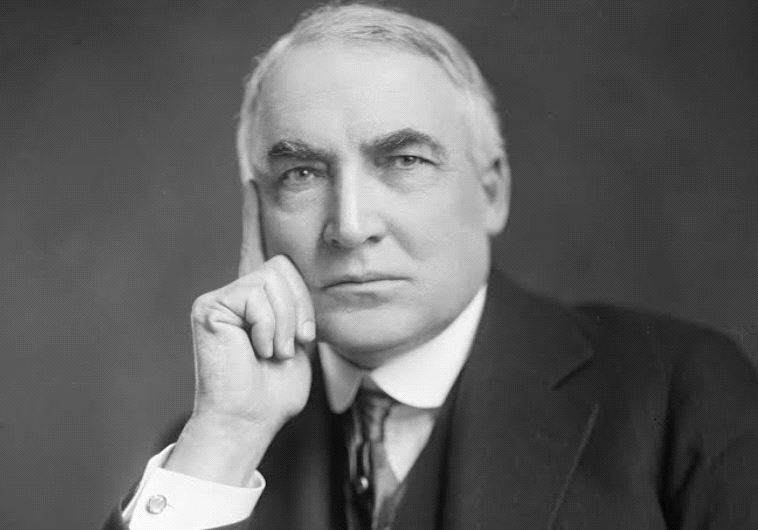After WWI, Christian Zionists sought a political expression in the world
"The Americans were watching the [British] Mandate begin, and Christian Zionists in America were seeking a political expression in the world."
 (photo credit: LIBRARY OF CONGRESS/WIKIMEDIA COMMONS)
(photo credit: LIBRARY OF CONGRESS/WIKIMEDIA COMMONS)